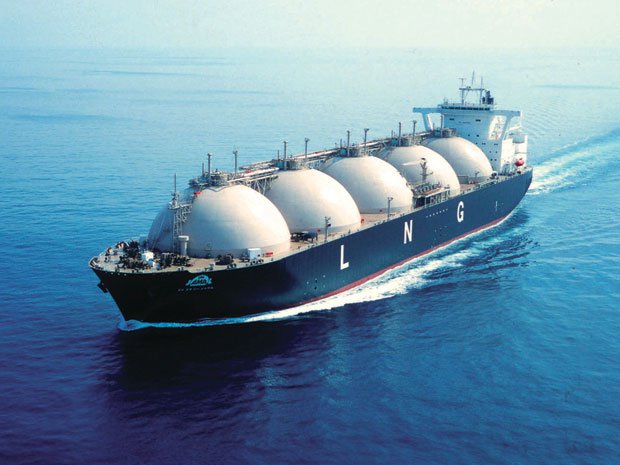Southeast European LNG Projects on the Move

Recent developments regarding the Ukrainian crisis and the overall activation of the Trans-Adriatic Pipeline (TAP) has resulted in a commotion on the Southeast European gas market with regards to the viability of several LNG projects that could facilitate the establishment of a natural gas hub in the region and enchase local energy security.
Greece already operates the Revythousa LNG terminal close to Athens which mainly imports from Algerian Sonatrach and aims to be able to have a flowing capacity of more than 2 bcm per annum over the coming years.
Concurrently, Turkey operates two terminals, one in the Marmara Sea close to Istanbul and another in Izmir, supplied by a variety of companies from Nigeria, Guinea, and Qatar. Furthermore, Turkey is boosting its efforts to build another terminal close to its borders with Greece, likely to be supplied by Qatar.
Should this prove successful, it will likely be coupled with the recently signed Turkish-Bulgarian interconnector, providing definite leverage for Turkey to become the preferential supplier of non-Russian gas to Southeast Europe, along with TANAP and TAP’s Azeri sourced gas, which forms the Southern Corridor.
Overall, these plans will run in parallel with the rest of the regional interconnectors such as the Interconnector Greece-Bulgaria (IGB), which should be operational by late 2016 and the soon-to-be functioning interconnectors between Bulgaria-Romania and Hungary-Romania. By 2018 the Interconnector Bulgaria-Serbia should also be ready.
For the whole project of integration, the Interconnector Greece-Turkey, which brings Azeri gas to Greece via Turkey, is planned to have a reverse flow, since Turkey is by far the largest consumer of gas in the region with estimates it will need more than 80 bcm per year by 2025.
Thus, any plans made to establish a gas trading hub in the region should take this into account, since most gas flow and trade will eventually end up in the Turkish transmission system rather than going up North to supply the central European markets, which are already well supplied by Russia and have also their projects to connect via the Baltic Sea and the Adriatic Sea planned LNG terminals, while they are also indirectly linked with Norwegian gas imports.
Taking the above in consideration coupled with the difficulty at present to make a definite assessment on the finances regarding a Southeast European gas hub, it is of interest to note that a Greek private company is forging its own plans to integrate those developments and offer its own alternative.
Gastrade, part of the Copelouzos group, has already secured permission by the regulatory authorities for its viability and environmental studies and is close to acquire license by the local administrative bodies regarding its plans for sub-water infrastructure work. According to media reports the LNG should take its final investment decision by late 2014 and start its realization thereafter with the enactment of operations by late 2016.
The terminal will be situated 10 nautical miles South West of the port of Alexandroupolis in a floating installation and would have storage capacity of 170,000 cm of LNG, capable of supplying regional markets with more than 6 bcm of gas per annum.
The terminal will be linked to the national transmission system through a reverse flow pipeline and for the time being intense rounds of talks are being held with prospective investors to finance the project.
Although the potential suppliers have not been officially named, certain leaks from corporate sources indicate that the terminal will make use of short term contracts with a variety of suppliers from African and Middle Eastern countries and will also pay close attention regarding the establishment or not of an export corridor of East Mediterranean natural gas.
Moreover Gastrade aims to use its terminal also as an export corridor for future pipelines such as TAP and South Stream with eyes for the markets of Egypt and Western Mediterranean. On a political-business level the Copelouzos group enjoys strong bonds not only with Russian corporate circles, but also with US and Italian ones, and has considerable clout in the power elites of Greece, Bulgaria and Serbia.
Natural Gas Europe, 10.04.2014


